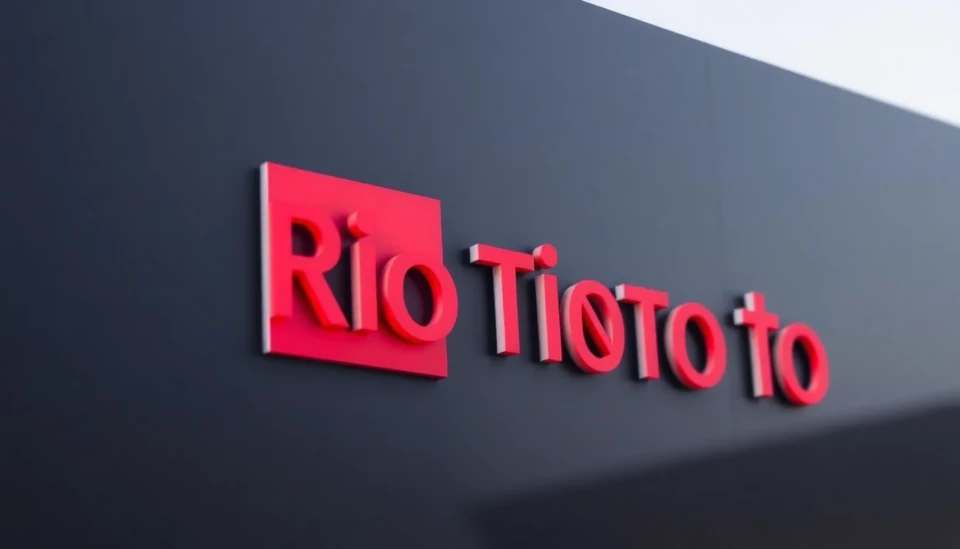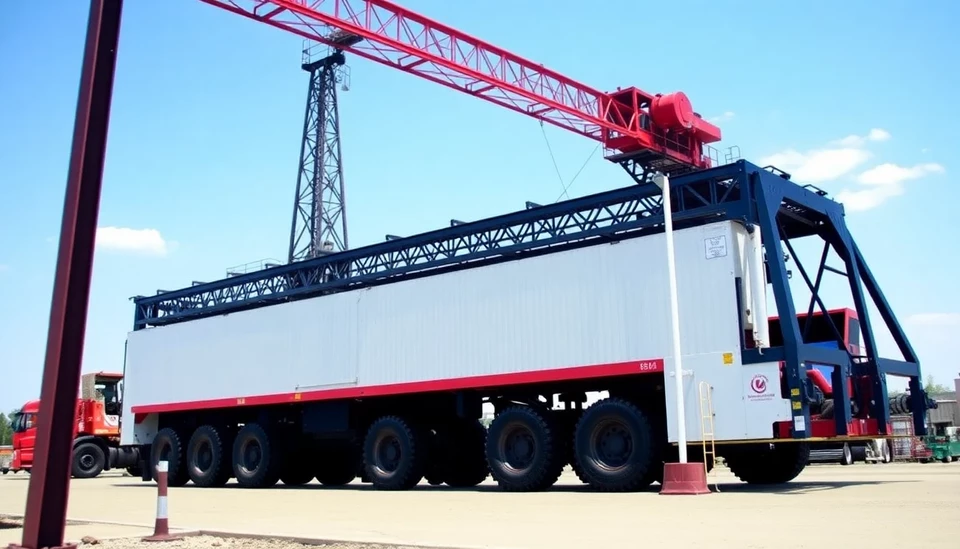
In a significant move to bolster sustainable practices, mining giant Rio Tinto has announced its backing of a new recycling project in the United States. This initiative comes at a time when U.S. tariffs are negatively impacting the flow of scrap metals, making recycling an increasingly vital component of the industry. The project aims to enhance the domestic recycling capabilities, ensuring that the U.S. can effectively manage its metal resources while navigating complex economic challenges.
The company's investment in this recycling endeavor aligns with a growing recognition of the need for environmentally friendly practices in the mining and metal sectors. With global demands for metals surging, particularly in industries such as electric vehicles and renewable energy, the reliance on recycled materials is more crucial than ever.
Rio Tinto's decision appears to be a strategic response to the changing landscape of U.S. trade policies, especially given the tariffs imposed on imported scrap materials. These tariffs have disrupted traditional supply chains, hindered the availability of metal scrap, and thereby pressured companies to explore alternative sources for their raw materials. The push for recycling not only addresses these supply chain issues but also mitigates the environmental impact associated with metal extraction.
The proposed recycling facility is expected to generate numerous local jobs while contributing to a more circular economy. By recycling existing materials, Rio Tinto aims to decrease the need for new metal extraction, thus reducing greenhouse gas emissions and conserving natural resources. This aligns with the broader environmental goals set by governments and environmental advocates globally.
Through this investment, Rio Tinto is positioning itself as a leader in the mining sector, committed to sustainable practices that benefit both the economy and the environment. As other companies grapple with the complexities of tariffs and their implications on scrap flows, Rio Tinto's proactive approach highlights the importance of innovation and adaptability in the face of change.
The success of this recycling project could serve as a model for similar initiatives across the country, demonstrating that the mining industry can play a responsible role in sustainability. As the focus shifts increasingly toward circular economies, the spotlight will remain on key players like Rio Tinto to lead the way in making significant advancements in recycling technologies and infrastructure.
As this project unfolds, stakeholders from various sectors will be watching closely to see how these developments might influence the broader market conditions and recycling practices. The integration of more efficient recycling processes could not only stabilize the supply chain issues created by tariffs but also pave the way for a greener economic future.
#RioTinto #Recycling #Sustainability #Tariffs #ScrapMetal #CircularEconomy
Author: Peter Collins




